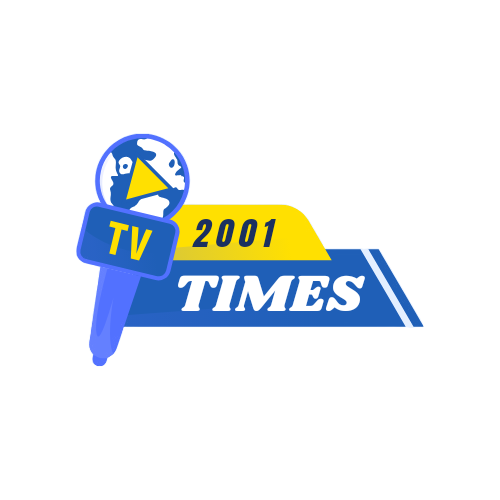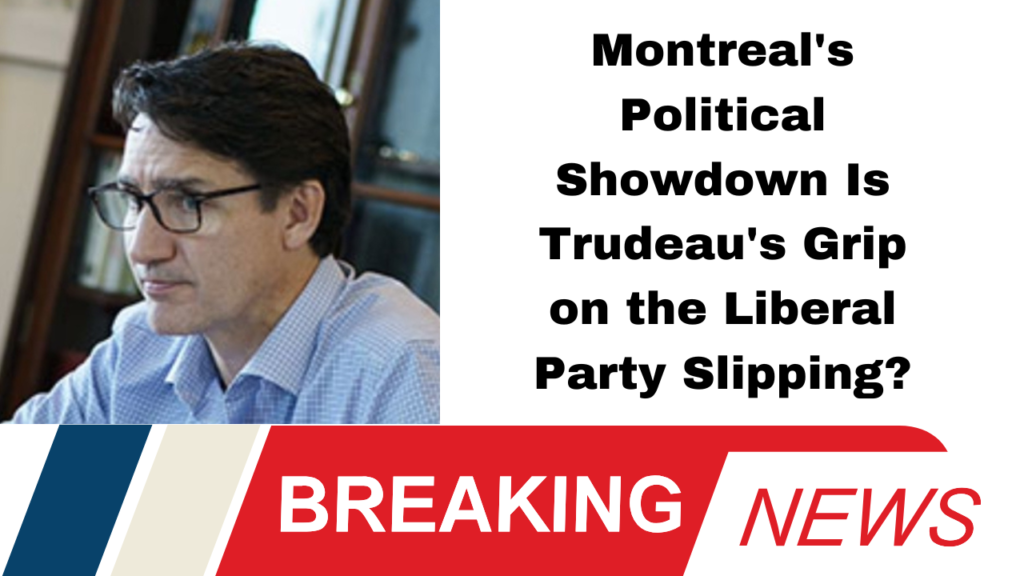Montreal, a historic stronghold for Prime Minister Justin Trudeau’s Liberal Party, is now at the center of a political storm. The district of LaSalle–Émard–Verdun, a bastion of Liberal support for over fifty years, is proving unexpectedly contentious just days before a special election to fill a parliamentary seat.
Despite its longstanding Liberal allegiance, recent polls indicate a nail-biting three-way race involving the Liberals, Bloc Québécois, and New Democratic Party (NDP). The underlying issue for many longtime Liberals? Prime Minister Justin Trudeau himself.
Michael Altimas, a retired city bus driver and Liberal supporter, encapsulates the growing discontent: “For the most part, he’s been a good prime minister. But he’s had nine years, and people are hearing often enough that he messed up and they don’t want to support him anymore.”
The Montreal election has become a de facto referendum on Trudeau’s leadership. His popularity has plummeted, with approval ratings hovering just above 20%, a stark contrast to the double-digit lead enjoyed by Conservative Party leader Pierre Poilievre. Trudeau’s dwindling support was further evidenced by the Liberal Party’s unexpected loss in a Toronto election, another traditional stronghold, earlier this year.
Trudeau’s low profile in the Montreal campaign speaks volumes. His absence from campaign materials and his limited appearance at local events signal a deliberate distancing from the campaign. This retreat underscores a broader trend: Trudeau’s waning influence and his party’s internal turmoil.
Political analyst Nik Nanos remarks, “Justin Trudeau has no political coattails. He’s become the lightning rod for general discontent with the Liberal Party.” His approach has been characterized by quick policy adjustments in response to relentless Conservative criticism, particularly on economic issues, housing, and immigration.
Challenges Facing the Liberal Party
The Liberal Party faces mounting internal and external pressures. Key developments include the sudden resignation of the campaign director, the departure of a labor minister, and increasing dissent within the party. The New Democratic Party’s recent decision to withdraw support from the Liberals further complicates Trudeau’s position.
A loss in Montreal could significantly weaken Trudeau’s grip on the party and embolden internal critics. This district, despite being a Liberal fortress, is now experiencing heightened competition, with the Bloc Québécois and NDP capitalizing on Trudeau’s unpopularity.
The selection of Laura Palestini as the Liberal candidate, bypassing an open nomination process, has further alienated some party members. The controversy surrounding her appointment reflects broader frustrations among Liberals feeling disenfranchised by party leadership.
Christopher Baenninger, a former candidate, expressed his concerns: “Half of the Liberal supporters are committed ‘no matter what.’ But the other half are tired of Trudeau and looking for something fresh.”
Both the NDP and Bloc Québécois are energized by the possibility of an upset. NDP leader Jagmeet Singh and Bloc candidate Louis-Philippe Sauvé have actively engaged with voters, reflecting a broader sentiment of fatigue with the current Liberal leadership.
The Montreal election is more than just a local contest; it’s a critical test of Trudeau’s enduring political viability and the Liberal Party’s future direction.











More Stories
Netanyahu Under Fire as Leaked Documents Scandal and Hostage Crisis Deepen
Mount Fuji’s Snowless Peak A Sign of Climate Change and Japan’s Cultural Icon in Crisis
Malik Mumbai’s 15 Crore Monthly Income ‘Haar Meri Jeet Apki Offer’ for WBBL 2024 Your Guaranteed Win or Refund!